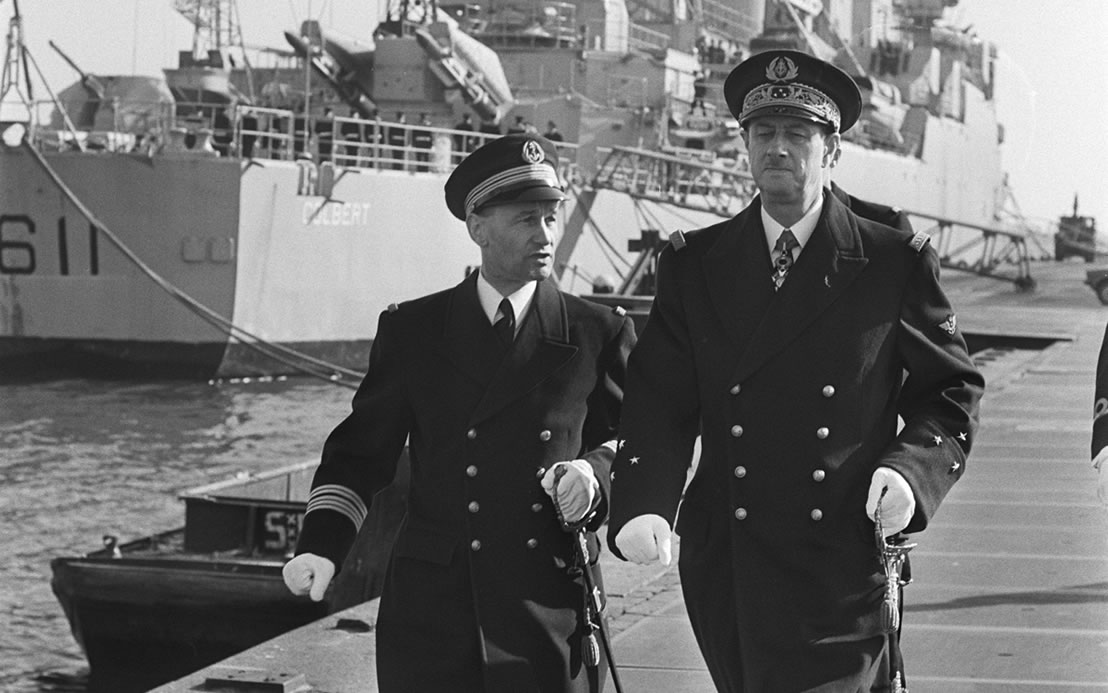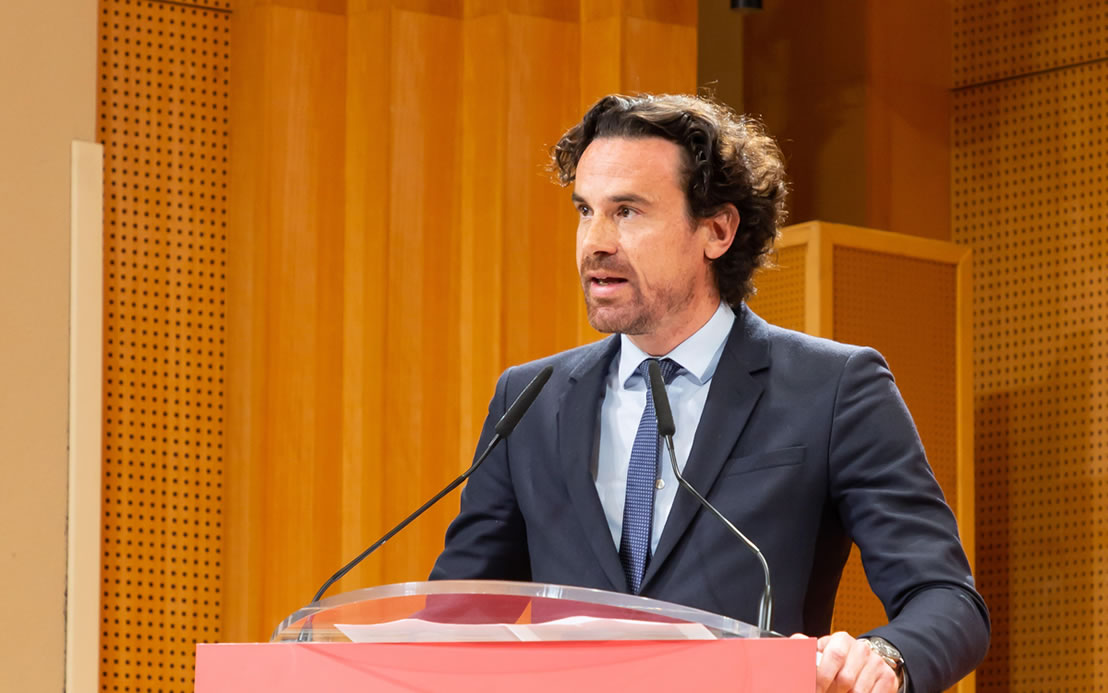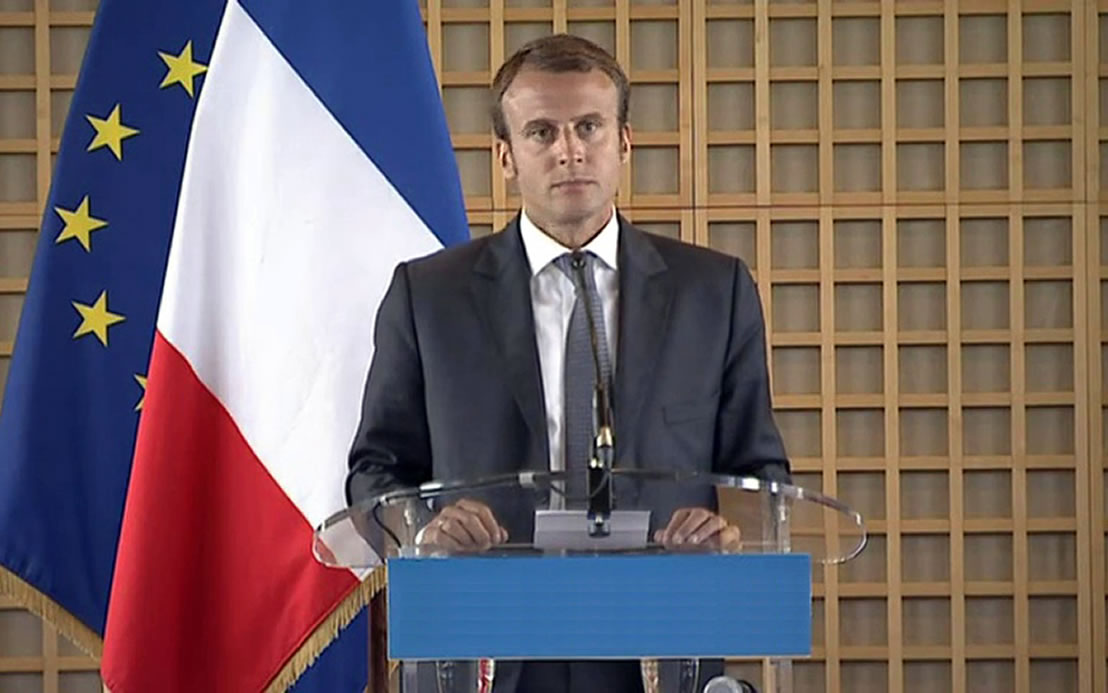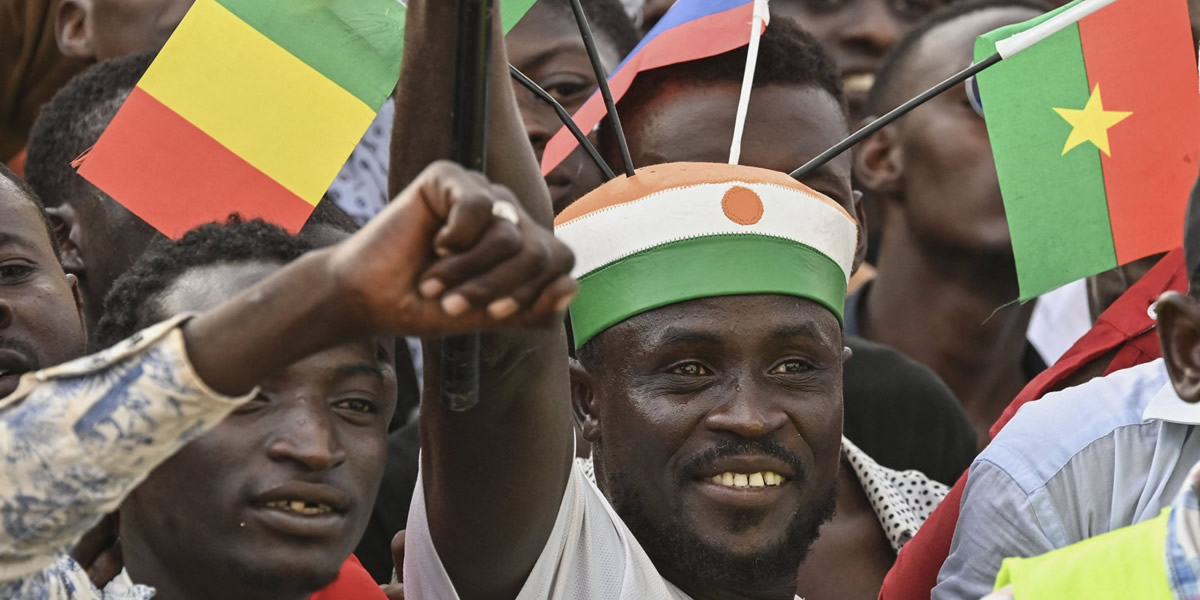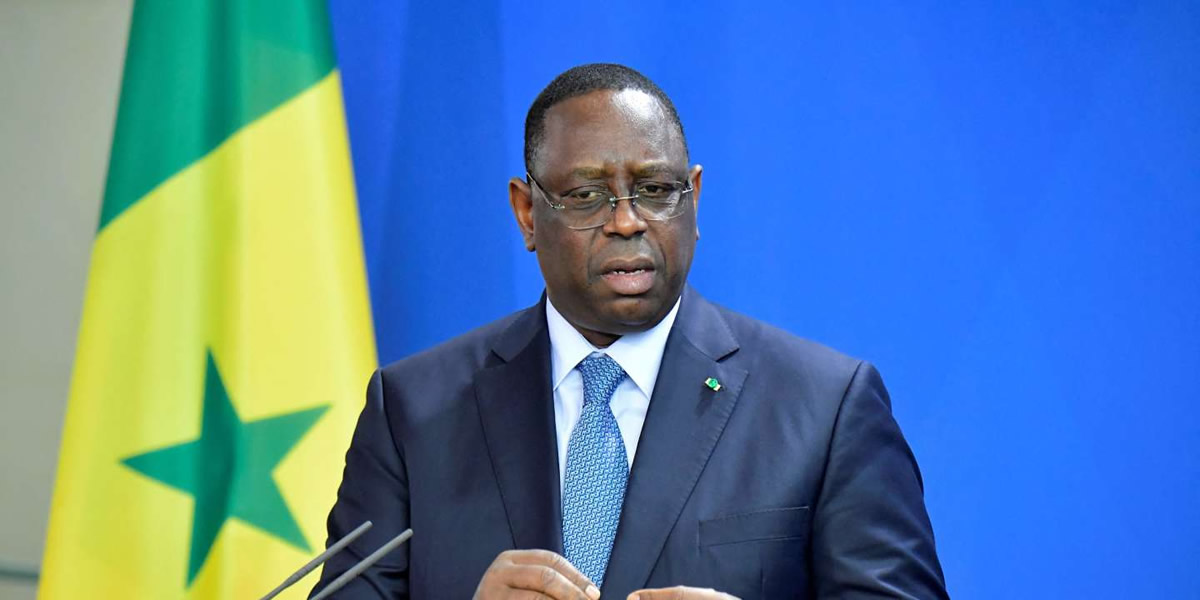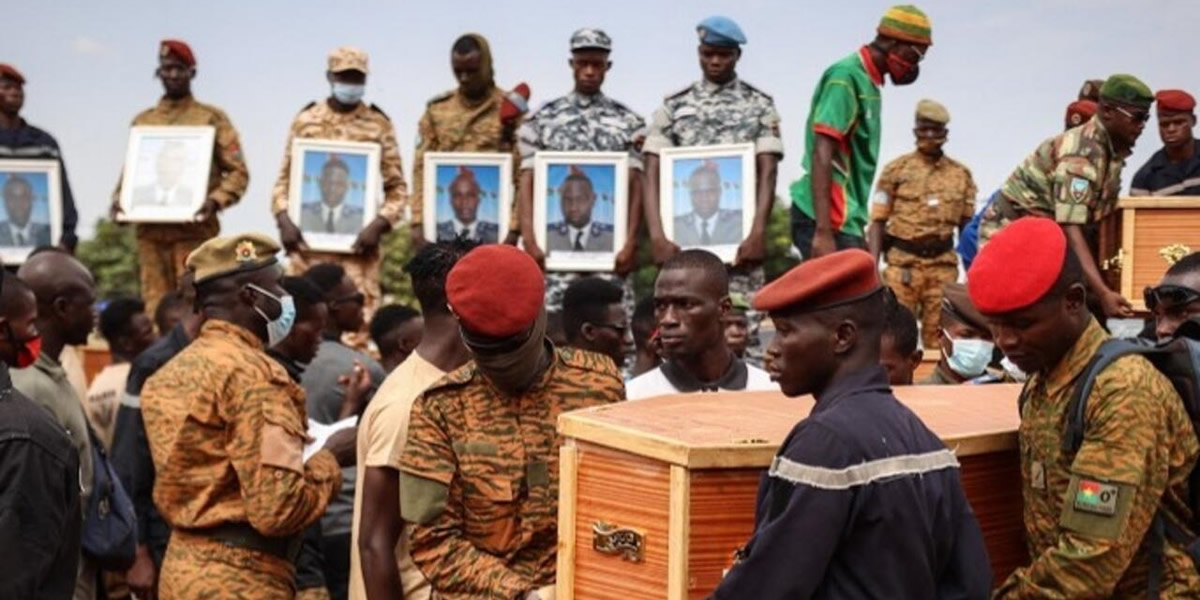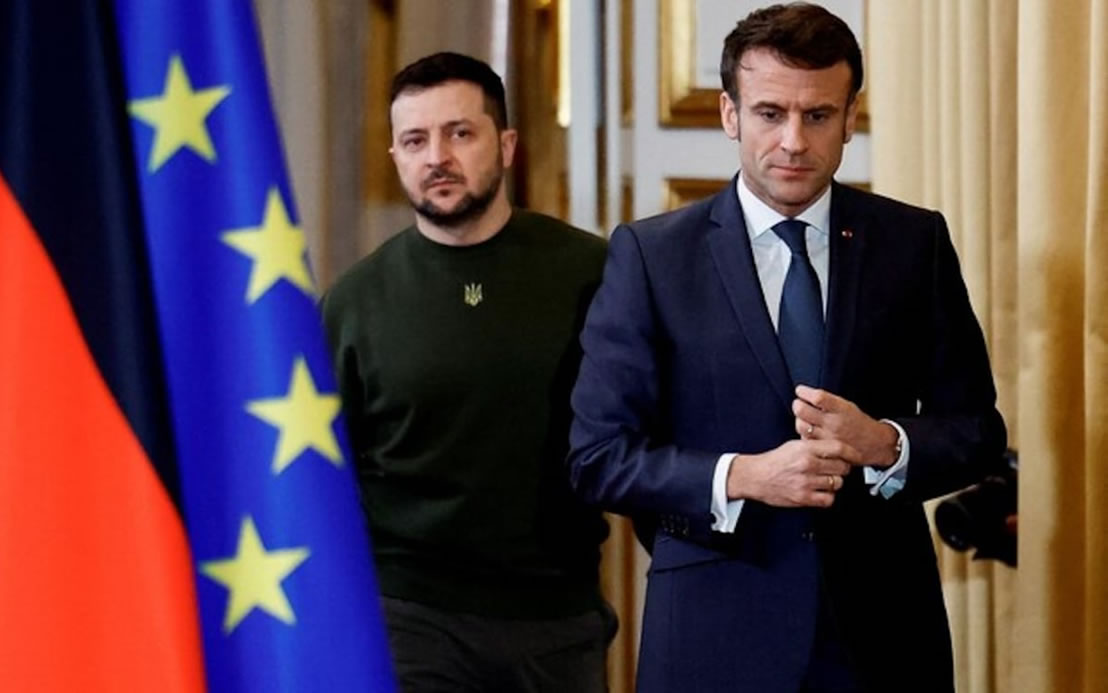Macron Acknowledges Algerian Hero Larbi Ben M'hidi's Assassination
In a move that has drawn attention across France and Algeria, French President Emmanuel Macron has officially acknowledged the assassination of Larbi Ben M'hidi, a revered leader of Algeria's National Liberation Front (FLN), by French soldiers. This recognition marks a significant step toward addressing historical wounds between the two nations, highlighting the importance of Larbi Ben M'hidi's legacy as a symbol of Algeria's struggle for independence. Macron's statement came as France and Algeria commemorated the 70th anniversary of the November 1, 1954 insurrection, a critical event that triggered the Algerian War for independence from French colonial rule.
The Legacy of Larbi Ben M'hidi in Algeria's Fight for Independence
Larbi Ben M'hidi holds a special place in Algerian history, known as one of the six founders of the FLN who orchestrated the start of the Algerian insurrection. Born in 1923 in Aïn M'lila, Ben M'hidi rose to prominence as a powerful voice and strategic leader in the struggle for Algerian independence. By 1956, he was responsible for the "Autonomous Zone of Algiers," leading the battle of Algiers with a commitment that earned him the admiration of his supporters and the respect of even his adversaries.
Under his leadership, the FLN fought not only on the battlefield but also through the mobilization of Algerian citizens, spreading a message of resilience and unity. Ben M'hidi's charisma and unyielding determination made him a revered figure, often compared to France's own resistance hero Jean Moulin. His capture by French forces in February 1957 marked a pivotal point in the Algerian struggle, and even under arrest, Ben M'hidi demonstrated unbreakable spirit, appearing calm and composed before the press despite his shackled hands.
Macron’s Acknowledgment and Its Impact on France-Algeria Relations
Macron's acknowledgment that Larbi Ben M'hidi was assassinated by French soldiers under General Paul Aussaresses has renewed conversations about the role of historical truth in healing national wounds. In the early 2000s, General Aussaresses himself confessed to Ben M'hidi’s killing, shattering the official French narrative, which had long claimed his death was a suicide attempt. Macron’s statement, released through the Elysée, confirms the assassination and opens a dialogue on the contentious history of French colonial policies in Algeria.
The acknowledgment is also a gesture to advance France's "work of historical truth" alongside Algerian President Abdelmadjid Tebboune, reflecting Macron's broader effort to foster a "shared memory" between the two countries. This acknowledgment serves not only as a tribute to Ben M'hidi’s legacy but as a commitment to forging paths toward a peaceful relationship, bridging past injustices with aspirations for a reconciled future.
The French Colonial System and the Special Powers Act
The brutal suppression of the Algerian movement for independence was supported by legislation granting the French military extensive powers. The Special Powers Act, passed in 1956, provided French authorities the legal framework to suppress Algerian nationalists. This act essentially placed Algerian civilians and fighters at the mercy of military control, eroding civil liberties and enabling widespread crackdowns on FLN activity.
The Special Powers Act was initially limited to Algiers, but by 1957, it applied across Algeria. This legislation marked the beginning of a harsh colonial policy that ignored principles of human rights in favor of maintaining order. Macron's acknowledgment includes a critique of this era, acknowledging that these powers led to an oppressive system contrary to France’s own values of liberty and human rights.
France and Algeria: Pursuing Reconciliation through Historical Truth
President Macron's statement is the latest in a series of gestures acknowledging France’s colonial past in Algeria. Previous recognitions included the cases of Maurice Audin, a mathematician and independence supporter who disappeared in 1957, and Ali Boumendjel, an FLN leader tortured and killed by French soldiers. Macron’s stance suggests a commitment to acknowledging uncomfortable truths and initiating dialogues that might foster healing.
The path to reconciliation has not been easy, as both nations hold painful memories of the Algerian War. Macron’s government, however, is determined to continue this pursuit, making efforts to ensure that these acknowledgments reach future generations, contributing to mutual understanding and healing. Such steps toward historical truth underscore Macron’s resolve to build a foundation for genuine reconciliation between France and Algeria.
Larbi Ben M'hidi: A Symbol of Algerian Resilience and Pride
For Algerians, Larbi Ben M'hidi is more than a historical figure; he represents the spirit of resilience and pride in their fight for independence. His life and death are reminders of the sacrifices made by countless Algerians in the quest for a free nation. Ben M'hidi’s courage, steadfastness, and optimism remain enduring qualities that resonate across generations in Algeria.
When French soldiers captured him, Ben M'hidi displayed unwavering confidence, smiling at the press despite his chains. This image has become iconic, symbolizing the dignity of Algerian resistance in the face of oppression. The acknowledgment of his assassination by French authorities may provide a measure of closure, offering Algerians a form of justice by ensuring that his legacy remains untarnished by historical falsehoods.
Looking Forward: A Call for Ongoing Dialogue and Reconciliation
Macron’s acknowledgment marks a pivotal moment, yet it also calls for further action to address the complex and layered history between France and Algeria. While Macron has made strides in addressing historical injustices, both nations must continue to engage in dialogues that recognize the depth of the shared, yet fraught, history.
For Macron, the recognition of Larbi Ben M'hidi’s assassination represents an attempt to honor Algeria’s heroes while promoting a vision of reconciliation. His stance reflects an understanding that truth is essential for building trust and cooperation. Macron’s commitment to historical truth and the pursuit of peaceful relations aligns with the broader aspirations of Algerian and French communities who seek a harmonious and respectful future.












